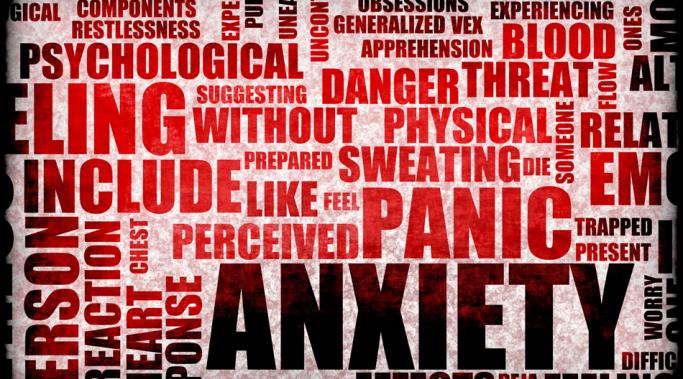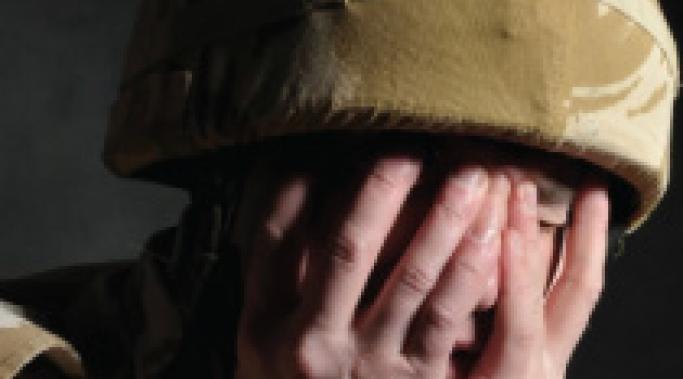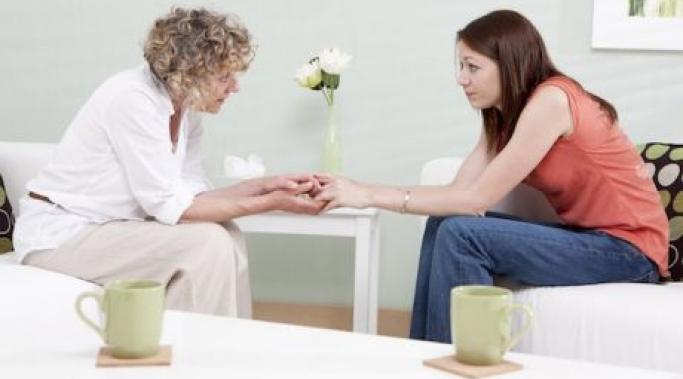Blogs
It's well known that your abuser's first order of business was to isolate you, the victim, from family, friends, and anyone else who would offer you support. Once isolated, the aloneness and loneliness can take a toll on both your self-confidence and mental health (depression, social anxiety, addiction and other mental illnesses are associated with isolation).1 So, after living in isolation during the abusive relationship, it is possible that you continue to isolate yourself out of either the habit of isolation or symptoms of mental illness. If you want to end your habit of isolation during abuse recovery, here are some ideas to consider.
Once upon a time, a woman confident upon the stage, attended a TEDx event. The woman wove her way through the crowd to find her seat and settled in. The speakers were engaging, the topics diverse and she sat at rapt attention. At the 1st break, the woman stepped out for fresh air. Except that it wasn't fresh and there was no air. Everyone else was taking all of the air. She found herself swallowed up in the crowd and each time she re-established her personal space, the school of fish moved in again like a moving wall. She spent every break wishing for a few moments of silence. Even going outside the building brought no piece, the fish simply found another route to the "food". The woman in this story is me and the story is about social anxiety, panic and the effects of PTSD (post-traumatic stress disorder) on the ability to persevere.
For those who self-harm, it is important to feel supported. It is important not feel alone during a time of struggle and to be surrounded by people who care and want what is best for you. Sometimes, people aren’t that lucky. Sometimes, people are pushed away or leave a friendship because they are confused about the person’s behaviors or scared for them. Sometimes, feeling alone is all people have.
No matter what, there are places to go where a self-injury support system is waiting. You just have to open your eyes, take a deep breath and look for it.
During my recovery since leaving domestic abuse and violence, there have been many ups and downs. Life can be quite confusing when you use your intuition instead of relying on someone else to tell you what to do! So, I'd like to share some of the revelations and problems I've encountered since leaving domestic abuse and my abusive husband.
Anthony D'Aconti
When it comes to anxiety, it is important to separate the myths from the facts. There are plenty of anxiety myths we believe to help cope with our symptoms but many of us run into trouble when the myths we believe are simply not true. Perhaps one of the most common and dangerous anxiety myths is that self-medicating can help us get through an anxiety-provoking situation.
Your negative thoughts and beliefs can hijack your self-esteem, and those negative thoughts didn't show up overnight. They are often habits, conditioned thoughts, that have been with you for years. Perhaps you have been putting yourself down since childhood without a second thought. If that's the case, your negative thoughts have manipulated you for a very long time.
I’m pretty sure I have anxiety and bipolar. I've never been diagnosed with an anxiety disorder, and I’ve never talked about anxiety with my doctor, but I’m pretty sure it’s there. I meet the criteria for an anxiety disorder and and it wouldn’t be altogether shocking if this were the case as anxiety disorders are the most common mental illness and comorbid disorders with bipolar disorder are the rule rather than the exception.
Living in the chaos of PTSD symptoms and post-trauma haze can make you very self-centered. Know how I know that? I used to be like that! It's hard to cope on the inside and still be sensitive to others on the outside. Heck, it's tough to be miserable and do anything that would make someone else happy.
One U.S. Marine + One Guitar = Big Impact
When was the last time you did something nice for someone else? Last week, on Changing Direction, I interviewed U.S. Marine, Markus Fox, about how his guitar and music helped his platoon during a particularly difficult night in Iraq. They had lost the first two casualties since their deployment and the platoon was very upset. Markus took out his guitar, sat on the back step of a truck and invited the other soldiers to pull up their stools while he played a tribute to their fallen brothers. The results of this simple, selfless act during a time of trauma were enormous.
Still, there are a couple of problems with the PTSD self-centered lifestyle. Let's take a look...
A friend of mine at Wellspring Mental Health Ministries recently e-mailed me some prayers for current and former military personnel. The prayers reminded me of the stigma I faced in the Army for having a mental health condition, and made me think about the struggles veterans with mental illness often face.
Sometimes, I think about the people I went to school with when I was a kid and a teenager and I wonder where they are now, what their lives are like. Are they successful? Do they have their own homes? A nice and enjoyable career, or have they moved away? Rarely do I consider whether they have a severe mental illness.
Many of us view our young adulthood years as the time when we find some of our first jobs and apartments and having the freedom to begin “Life.” But some of us aren’t so lucky. Our severe mental illnesses take an enormous toll on living (Living With A Mental Illness And Self-Stigma).










I believe she will only be able to rid herself of her demons, and hopefully her BPD as well, when she's ready to confront the abuse of her father. If she can put the blame where it belongs, she may stop projecting that victim/perpetrator cycle on the present men in her life. These demons are a metaphor for the purgatory she has created for herself. That reality has consequences in the real world, but it need not be real in the tangible sense. Exorcising her demons will require the expenditure of real physical energy and probably the destruction of aspects of her personality. If this ever happens, and it's possible but not probable, then these demons will evaporate. They are only as real as one's personality is real. In short, reality is not the question, it's what you make of the things you feel to be real.